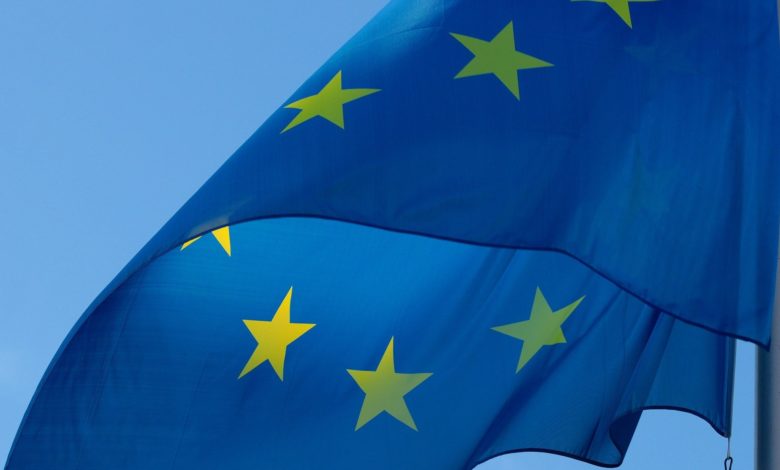
The European Union will insist that the UK retains the current ban on chlorinated chicken as part of any free trade agreement that might be struck by the end of this year. It taps into one of the most symbolic arguments made during the last three years by those who worry that the UK will slash regulatory standards as a way of finding a competitive edge against EU member states once we leave.







